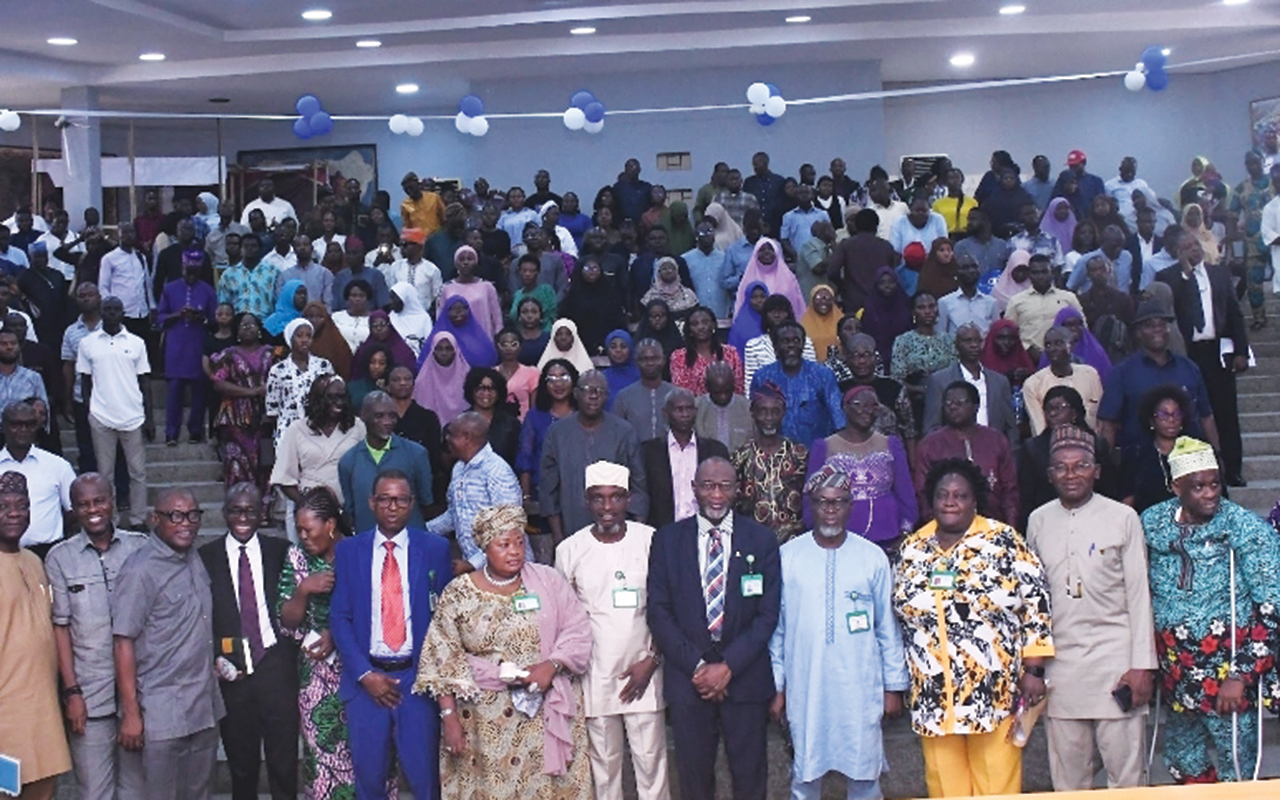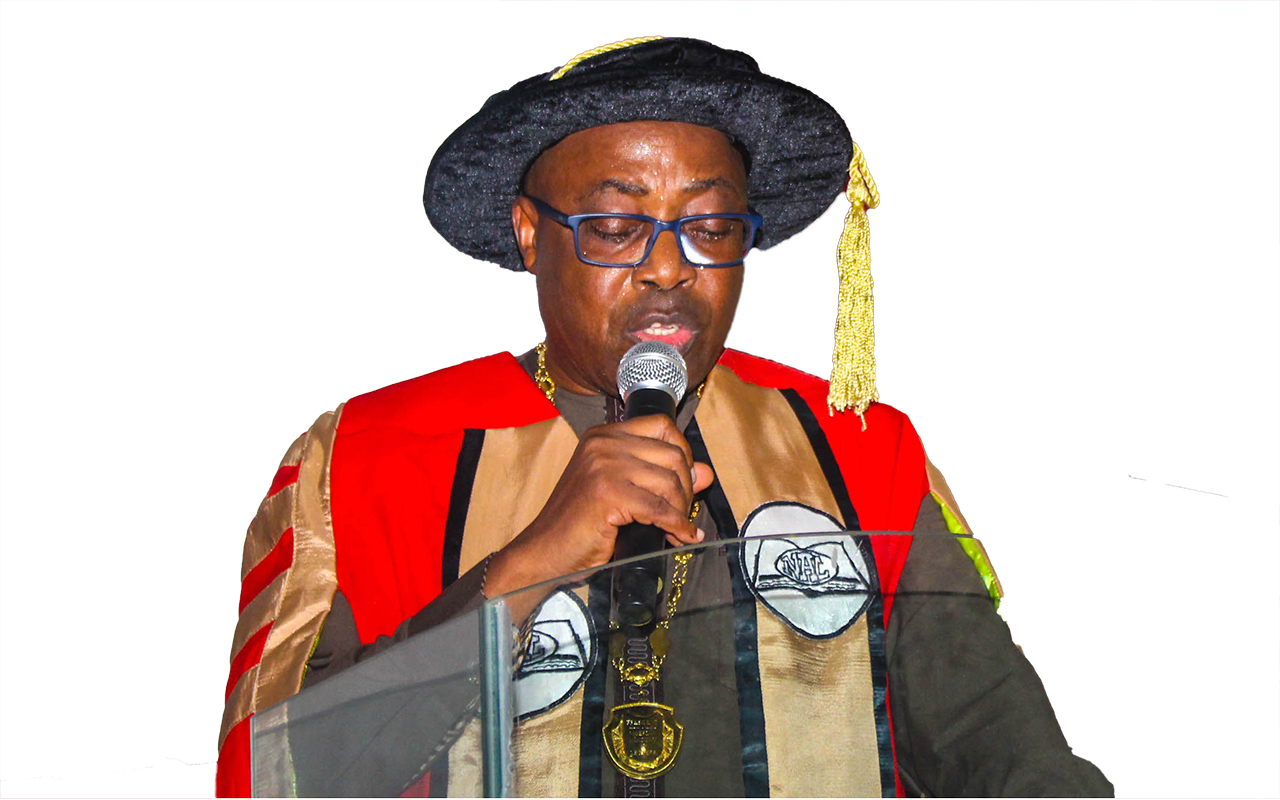Hundreds of pupils in Cross River State have been left stranded following the closure of 69 private primary and secondary schools by the state government over alleged non-compliance with operational guidelines.
The affected schools were sealed between October 20 and 21, 2025, during an enforcement exercise led by the Commissioner for Education, Senator Stephen Odey, as part of the state’s new Education Reform Policy.
Government officials said the action was necessary to sanitise the education system and ensure that only duly approved institutions operate.
However, parents and proprietors have warned that the move could disrupt the learning of thousands of children already midway through the academic term.
Mrs. Maria Umoh, a parent whose four children attend one of the affected schools, described the timing as inconsiderate.
“Our children will stay at home while their mates elsewhere continue learning. It’s painful and unfair,” she lamented.
Some school owners told The Guardian that they had already begun upgrading their facilities to meet the new standards when task force teams arrived unexpectedly to seal their premises.
They appealed to the government for a grace period to complete compliance.
The Education Reform Policy, introduced earlier this month, seeks to standardise operations across public and private schools.
Key provisions include a uniform academic calendar, the use of only ministry-approved textbooks, a ban on merging workbooks with textbooks, and restrictions on graduation ceremonies to exit classes.
It also regulates school closing times, mandating that primary schools close by 1:00 pm and secondary schools by 2:00 pm.
To enforce the reforms, the state government established two task forces: one to identify and close illegal schools, and another to monitor compliance across local government areas.
However, education stakeholders have expressed concern that without transitional support or alternative placements for displaced pupils, the policy could exacerbate existing inequalities in access to education.
Across radio programmes in Calabar, callers have urged the government to reconsider its approach, stressing the need to balance quality assurance with the welfare of affected pupils.






